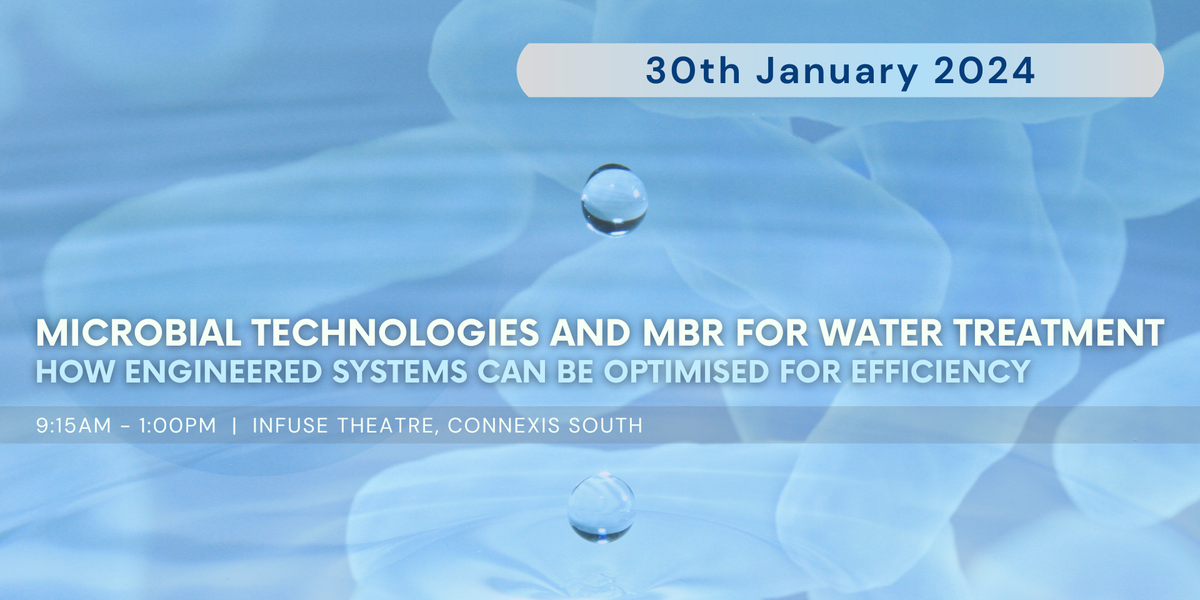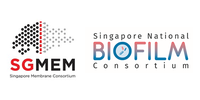Event Details
Microbial consortia are used in wastewater treatment for decades. Microbes reduce the volume of pollutants and contaminants and even odour of the wastewater. Selecting the bacteria for faster and more efficient processes is key in enhancing the process of wastewater treatment.
Recent years has seen more improvements in the microbial technologies such as combining the biological systems with membrane filtration techniques in MBR systems. Microbial treatments can minimize wear and tear on components, reduce energy costs as well as extend equipment lifespan.
This workshop aims to address how microbial communities can be used for efficient water treatment and its advantages, followed by how these microbial communities can be used in engineered systems such as MBR, Membrane Aerated Biofilm Reactor (MABR) and how engineered systems can be optimised for efficiency by managing the biofilm build-up.
This workshop will bring together academia and industry to discuss the latest developments in this topic. We hope this workshop will identify challenges and gaps in the current technologies and potential collaborations to improve the existing systems innovatively. It will give an opportunity for both SNBC and SGMEM to work together towards new innovations and academic-industry collaborations.
Infuse Theatre
1 Fusionopolis Way, Level 14, Connexis South, Singapore 138632
Singapore
Show on map
Agenda
- 8:45 AM - 9:15 AMRegistration & Tea ReceptionInfuse
- 9:15 AM - 9:30 AMIntroduction on TechConsortia (SG MEM and SNBC)
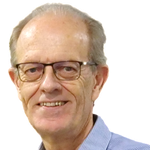
Professor Staffan Kjelleberg
Director, Singapore National Biofilm Consortium
Advisor, SCELSE
Emeritus Distinguished University Professor, NTU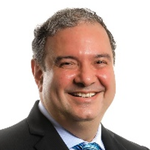
Dr. Adil M. Dhalla
Managing Director, START Centre and SG MEM (Singapore Membrane Consortium)
Chief Operating Officer and Deputy Executive Director, NEWRI
Nanyang Technological University, Singapore - 9:30 AM - 10:00 AMEnhanced Biological Phosphorus Removal from Wastewater in a Tropical CityPhosphorus (P) is a pollutant in surface waters but also a nonrenewable resource. Enhanced biological phosphorus removal (EBPR) is a process widely employed for P removal in municipal wastewater treatment plants (WWTPs), because it is relatively cheap and sustainable and desirable for downstream nutrient recovery. Despite the advantages, its application in warm climates has long been considered unfavorable, owing to observations that the functional polyphosphate accumulating organisms (PAOs) in the process were outcompeted by glycogen accumulating organisms (GAOs) at high temperatures. In contrast, we demonstrate stable EBPR in full-scale systems operating at water temperatures of 28–32◦C in Singapore, despite the presence of GAOs. A recent field study revealed a wide range of PAOs exhibiting high micro-diversity in carbon usage, which may explain the observed EBPR stability in these WWTPs. We also demonstrate the long-term feasibility of EBPR at 35◦C in a lab-scale reactor. Diverse and abundant Candidatus Accumulibacter amplicon sequence variants are closely related to those found in temperate environments, suggesting that EBPR at higher temperatures does not require a highly specialized PAO community. In general, a slow-feeding strategy and sufficiently high carbon input effectively limits the carbon uptake rates of GAOs at elevated temperatures, representing basic conditions suitable for full-scale treatment plants experiencing higher water temperatures.

Professor Stefan Wuertz
Deputy Director, Education & Training
Research Director, Environmental Engineering, SCELSE
Professor of Environmental Engineering, School of Civil and Environmental Engineering, Nanyang Technological University, Singapore - 10:00 AM - 10:30 AMTowards High Recovery in Water Reclamation Processes: High Performance NF-MBR+RO SystemReclaimed water is an important source of water globally. Typically, the recovery of water reclamation process by membrane technology, i.e., microfiltration/ultrafiltration-membrane bioreactor (MF/UF-MBR) and reverse osmosis (RO), is limited to 75-80% due to fouling of RO membrane. In this work, a hybrid nanofiltration-membrane bioreactor + reverse osmosis (NF-MBR+RO) process was developed to achieve ≥90% of recovery in water reclamation. The novel low-pressure hollow fiber NF membrane only requires an operating pressure of <2 bar, possesses a positively charged selective layer, molecular weight cut off (MWCO) of <500 Da, and rejection of Mg2+ and Ca2+ is at ~90%. It has very low rejection of Na+ ions (<15%) while maintaining high rejection of the divalent ions, which is the key to achieve such a low operating pressure condition. The results showed that the NF-MBR achieved superior permeate quality (i.e., TOC < 2 mg/L) due to enhanced biodegradation and excellent rejection properties of the NF membrane, leading to high RO recovery rate of ≥90% (i.e., compared to 75% in conventional UF-MBR permeate as RO feed). Furthermore, the salt accumulation (i.e., build-up of divalent ions) observed in the NF-MBR did not have negative impact on the organics removal efficiency and biomass viability.

A/P Chong Tzyy Haur
Associate Professor, School of Civil and Environmental Engineering (CEE)
Deputy Director, Singapore Membrane Technology Centre at Nanyang Environment and Water Research Institute (NEWRI-SMTC), Nanyang Technological University (NTU) - 10:30 AM - 11:00 AMAchieving sustainable wastewater treatment by simultaneous nitrification and denitrification biofilm reactor

Dr Wang Chuansheng
Post doctoral Research Fellow
Department of Civil and Environmental Engineering, NUS - 11:00 AM - 11:10 AMShort Break
- 11:10 AM - 11:30 AMDemonstration of Side-stream PNA Intensification with ZeeNAMMOX Process
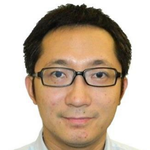
Dr Zhuang Han
Advanced Lead Researcher - Primary Investigator, Veolia
- 11:30 AM - 11:50 AMKynar® PVDF based Neophil® Membrane Innovation for MBR : IMMEM by Polymem

Dr Wang Miao
Senior Research Scientist, Arkema
- 11:50 AM - 12:10 PMOnsite chlorine generation to eliminate Biofilm

See Jian
Application Engineer, Xylem
- 12:10 PM - 1:00 PMNetworking & Lunch Reception
Speakers

Professor Staffan Kjelleberg
Director, Singapore National Biofilm Consortium
Read Bio
Advisor, SCELSE
Emeritus Distinguished University Professor, NTU
Dr. Adil M. Dhalla
Managing Director, START Centre and SG MEM (Singapore Membrane Consortium)
Read Bio
Chief Operating Officer and Deputy Executive Director, NEWRI
Nanyang Technological University, Singapore
Professor Stefan Wuertz
Deputy Director, Education & Training
Read Bio
Research Director, Environmental Engineering, SCELSE
Professor of Environmental Engineering, School of Civil and Environmental Engineering, Nanyang Technological University, Singapore
A/P Chong Tzyy Haur
Associate Professor, School of Civil and Environmental Engineering (CEE)
Read Bio
Deputy Director, Singapore Membrane Technology Centre at Nanyang Environment and Water Research Institute (NEWRI-SMTC), Nanyang Technological University (NTU)
Dr Wang Chuansheng
Post doctoral Research Fellow
Read Bio
Department of Civil and Environmental Engineering, NUS
Dr Zhuang Han
Advanced Lead Researcher - Primary Investigator, Veolia
Read Bio
Dr Wang Miao
Senior Research Scientist, Arkema
Read Bio
See Jian
Application Engineer, Xylem
Read Bio
Organiser
Tickets
- REGISTER YOUR TICKETS (Sold Out)
- Complimentary
